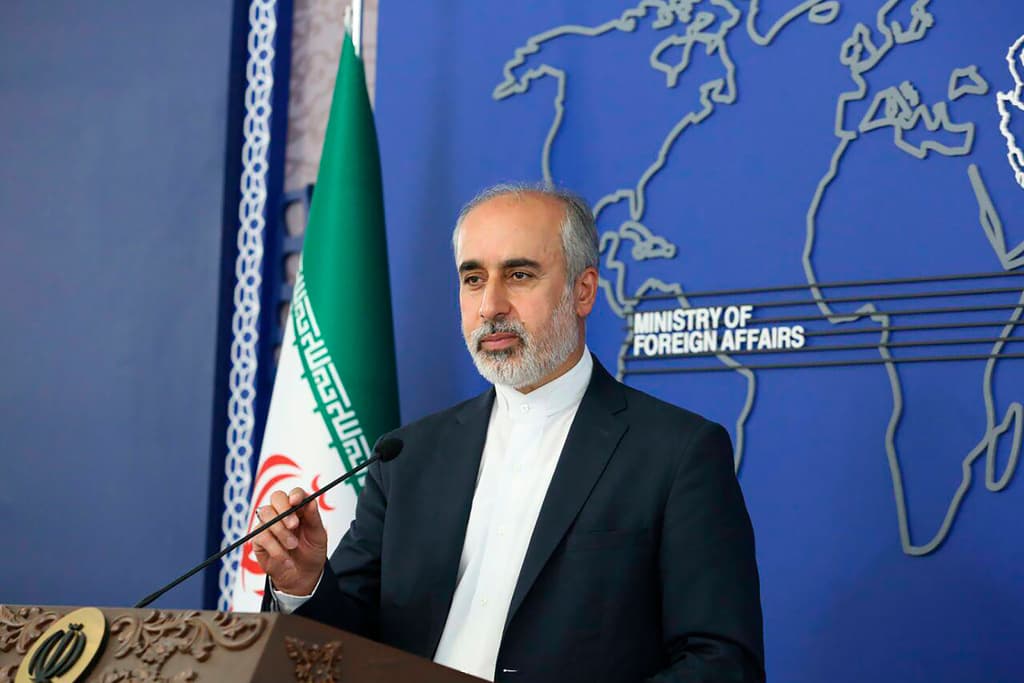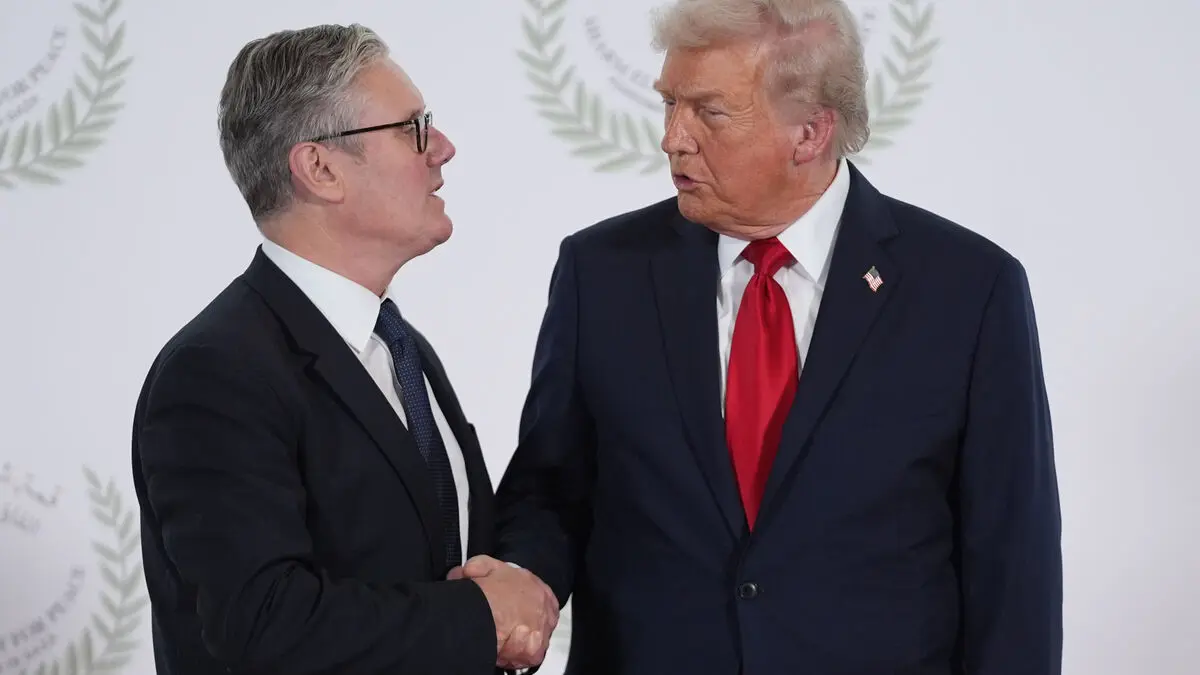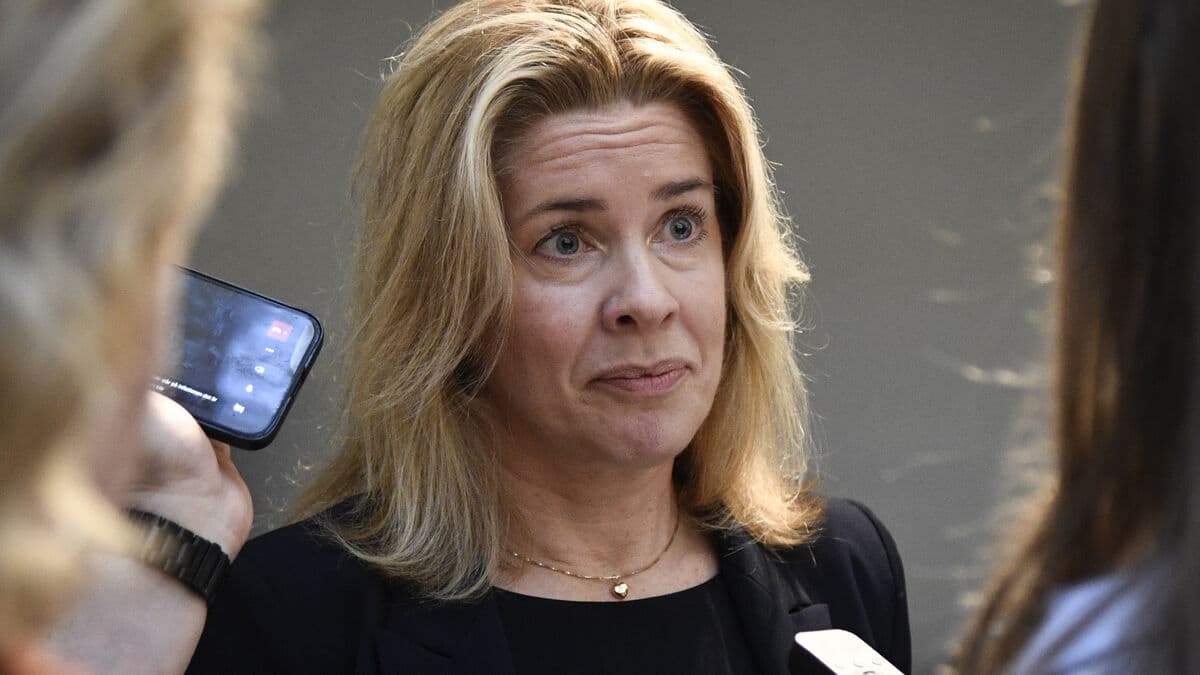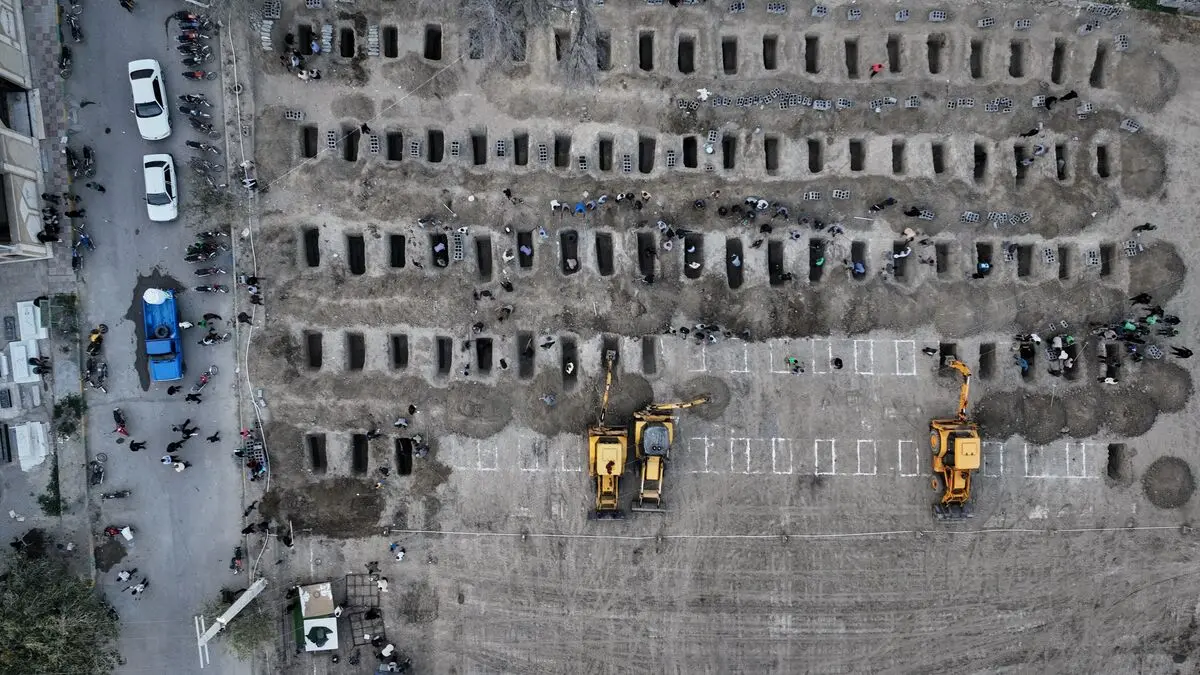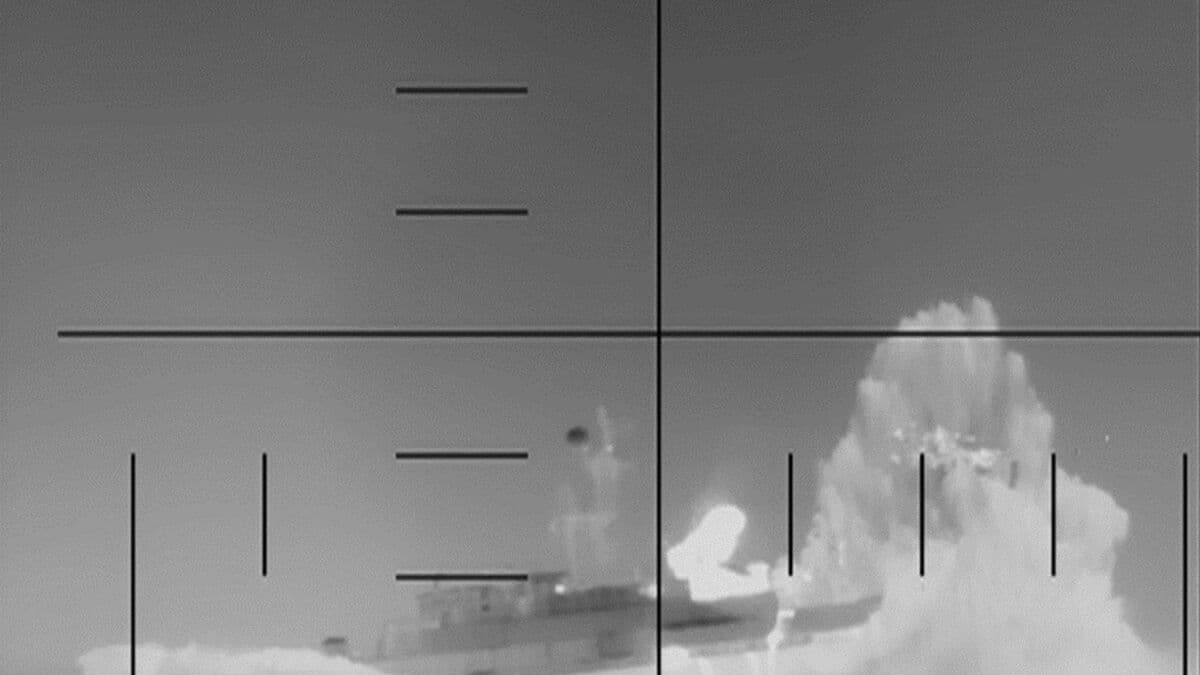From murderers and war criminals to wrongly convicted. The Iranian version of Saturday's prisoner exchange is a reversed mirror image of the Swedish one.
The regime's line is that Noury's imprisonment was illegal, the conviction was illegal, and the crime he is accused of did not take place, says Iran expert Rouzbeh Parsi.
The exchange of EU official Johan Floderus and Saeed Azizi for Iranian Hamid Noury, who was sentenced to life imprisonment for murder and serious war crimes, received extensive attention in Sweden. So did it in Iran.
On Saturday and Sunday, the news agency Mizan, run by the Iranian Ministry of Justice, published extensive material about Hamid Noury's release. Mizan interviewed his siblings, children, grandchildren, and mother, and published extensive photo material from the arrival.
Prisoner Exchange Downplayed
Mizan briefly mentions that a prisoner exchange took place, but Johan Floderus and Saeed Azizi's names are not mentioned, nor what they were accused of.
In a similar manner, the semi-state news agencies Mehr and the Iranian state news agency Irna describe the event.
The fact that the Swedes and the prisoner exchange get such a low-key place in the reporting may be because it is difficult to explain why someone is first convicted or accused of espionage and then released, according to Rouzbeh Parsi, programme manager at the Middle East and North Africa Programme at the Foreign Policy Institute.
Throughout Iran, it is stated that the verdict against Noury is illegal and unfair, and that he has been isolated for a long time. His release is described as a major success for Iran and the strong diplomacy the country has conducted, particularly President Ebrahim Raisi and Foreign Minister Hossein Amir-Abdollahian, who both died in a helicopter crash in May.
Iran: Illegally Convicted
Media monitoring, as the Iranian one does, follows the state's perspective and logic, according to Parsi.
The description as a diplomatic success and victory for human rights is based on the regime's line that Noury's imprisonment was illegal, the conviction was illegal, and the crime he is accused of did not take place.
How much the Iranian public really cares about the event is difficult to assess. It depends on how closely connected one is to the political conflicts of the 80s, believes Parsi.
For many Iranians, this is history, while for others, it is an open wound. But the question is to what extent the majority of the country has followed the news about Noury, says Parsi.

